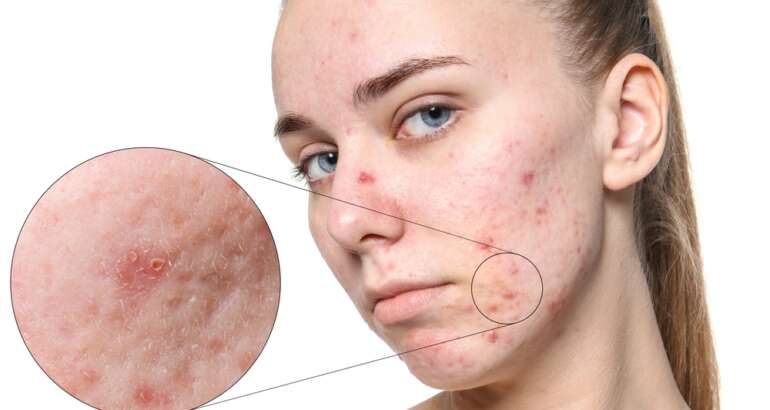Skin cancer is one of the most common types of cancer worldwide, yet it’s also one of the most preventable with regular screenings and proper precautions. Scheduling a skin cancer screening isn’t just a health decision—it’s an investment in your overall well-being. Here are the top eight benefits of booking a skin cancer screening in Alpharetta, Georgia for peace of mind.
The Top 8 Benefits of Booking a Skin Cancer Screening in Alpharetta
Here are eight of the top benefits of booking a skin cancer screening in Alpharetta, Georgia. In addition to peace of mind, a screen offers these advantages:
1. Early Detection and Treatment of Skin Cancer
Skin cancer screenings can catch abnormalities early, often before you notice anything unusual.
Early-stage detection of conditions such as melanoma, basal cell carcinoma, or squamous cell carcinoma makes treatment far more effective and less intrusive. Catching signs early can save lives and prevent conditions from becoming more severe.
2. Peace of Mind About Your Skin Health
When it comes to our health, uncertainty can lead to anxiety and stress.
By booking regular screenings, you gain clarity about your skin health. Whether the results confirm your skin is in good condition or uncover something that needs attention, knowing allows you to take control. This peace of mind is priceless.
3. Professional Advice on Sun Safety and Skin Care
During a screening, dermatologists don’t just check your skin for signs of cancer. They also provide expert advice on how to protect your skin from harmful UV rays, recommend personalized skincare routines, and offer tips to keep your skin healthy.
This guidance is invaluable, especially for individuals living in sunny climates or with high sun exposure.
4. Personalized Care and Attention
Dermatologists tailor their evaluations and recommendations to your specific needs based on your skin type, medical history, and lifestyle factors. This personalized care ensures you receive the best possible support for your skin’s health.
5. Reduced Risk of More Invasive Treatments
When skin abnormalities go undetected, they can progress, requiring invasive treatments such as surgeries or extensive therapies. Fortunately, regular screenings help identify issues before they escalate, reducing the likelihood of needing complex procedures.
What’s more, early action is not only less invasive but also significantly less stressful for patients.
6. Improvement in Overall Skin Health
Skin cancer screenings often uncover more than just signs of cancer. They can also identify other conditions such as eczema, rosacea, or sun damage, offering you the opportunity to address these issues early.
Therefore, taking a proactive approach to your skin health through screenings promotes radiant, healthier skin.
7. Access to the Latest Technologies for Skin Cancer Screening in Alpharetta
From high-resolution imaging tools to digital mole mapping, modern screenings provide thorough assessments for accurate diagnosis. Accessing these cutting-edge tools during a screening means you’re getting the best care available.
8. A Support Network for Skin Cancer Prevention
Attending a screening opens the door to a network of resources, including dermatologists, educational materials, and preventive care tools. This network empowers you to make informed decisions about protection, from sunscreen use to regular self-examinations.
It also connects you with professionals who will guide you every step of the way.
The Takeaway
The benefits of booking a skin cancer screening in Alpharetta, Georgia go far beyond identifying potential issues—it’s about investing in your health and peace of mind.
From personalized care and state-of-the-art technology to expert advice and preventive measures, a screening ensures your skin stays healthy and protected.
Your health is worth it, and your skin deserves the best care!
Schedule a Skin Cancer Screening in Alpharetta Today!
Ready to take the next step? If so, please call our office to schedule a screening with our double board-certified dermatologist and Mohs surgeon, Dr. Johnathan Chappell.



